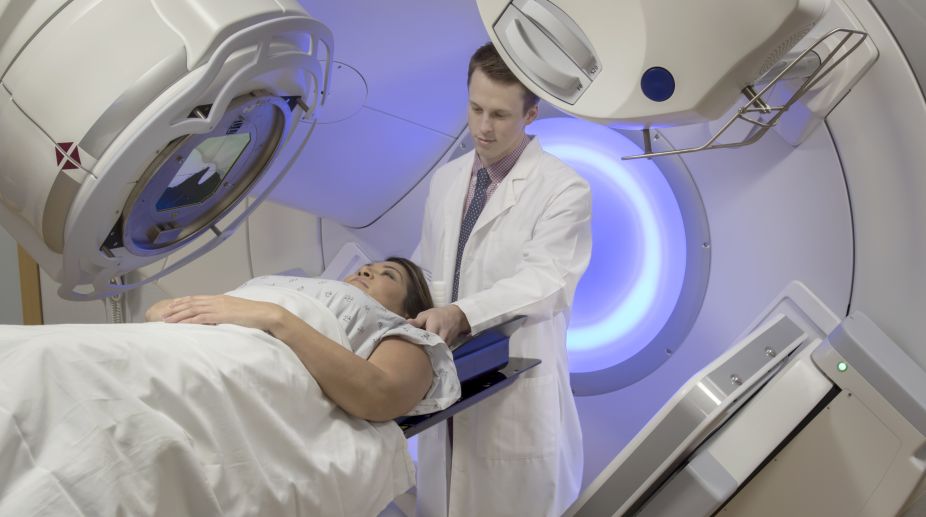Himachal Govt to establish common cadre for faculty appointment in medical colleges
Chief Minister Sukhvinder Singh Sukhu reiterated the state government's commitment to improving healthcare services and strengthening medical education.

The state's Regional Cancer Hospital (RCH), Indira Gandhi Medical College, Shimla, has been facing trouble with the non-functional nuclear medicine facility, since the last six months.
The nuclear medicine facility is only provided at RCH and in the absence of adequate infrastructure and equipment, the cancer patients are left in a lurch.
Advertisement
While many patients are forced to visit hospitals outside the state weighed down by high and extra expenditure, others who cannot afford are waiting helplessly in their fight with cancer.
Advertisement
According to sources the nuclear medicine facility was rendered non-functional after the Atomic Energy Regulatory Board (AERB), Mumbai during its visit in mid last year to the hospital found some discrepancies.
“Following the discrepancies, the licence to run the nuclear medicine was not renewed by AERB, Mumbai who issues licence for the radiation regulated activities, which has strict standards as regards the area required and layout specifications. The AERB had found the existing current area grossly inadequate to meet the current requirements,” revealed the sources.
It had recommended for radiation monitoring instrument and had asked for shifting the OPD area out of the radiation zone area as per the AERB guidelines.
Department of Radiotherapy head Rajeev K Seem said, “We have taken up the issue with the higher authorities and are in the process of fulfilling the requirements that includes area requirements, keeping in mind the expansion needs of the hospital space and creation of space for the equipments.”
“We have also sent a proposal to install a new hybrid SPECT/CT Gamma camera to replace the old one,” he added.
Absence of the facility has rendered many a cases pending that include bone scan, thyroid scan, urology cases, the Nuclear Medicine under Department of Radiotherapy was started in the year 1994 and since then the Nuclear Medicine facility ha been functioning from the same space of cancer hospital building which is inadequate.
Since last over two decades, the field of Nuclear Medicine has grown in leaps and bounds and encompasses a wide range of diagnostic and therapeutic procedures.
The SPECT Gamma Camera in the department was installed in the year 2005 in the centre, which has now completed its shelf life that is around 10 years. It is rendered defunct and cannot be used even after repairs in the absence of renewal of licence.
Nuclear medicine is a branch of medical imaging that uses small amounts of radioactive material to diagnose and determine the severity of or treat a variety of diseases, including many types of cancers, heart disease, gastrointestinal, endocrine, neurological disorders and other abnormalities within the body.
Since nuclear medicine procedures are able to pinpoint molecular activity within the body, they offer the potential to identify disease in its earliest stages as well as a patient’s immediate response to therapeutic interventions.
Advertisement